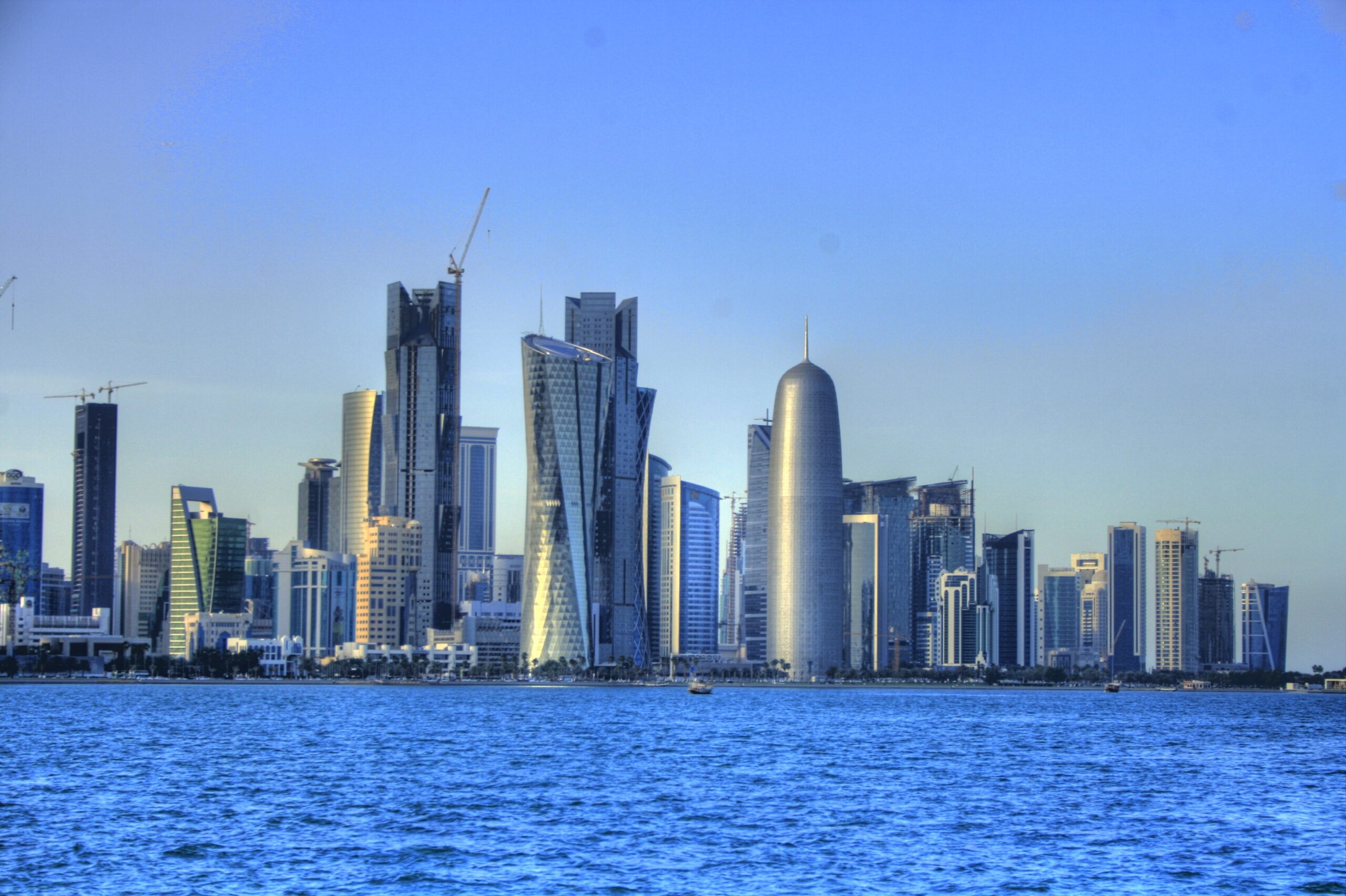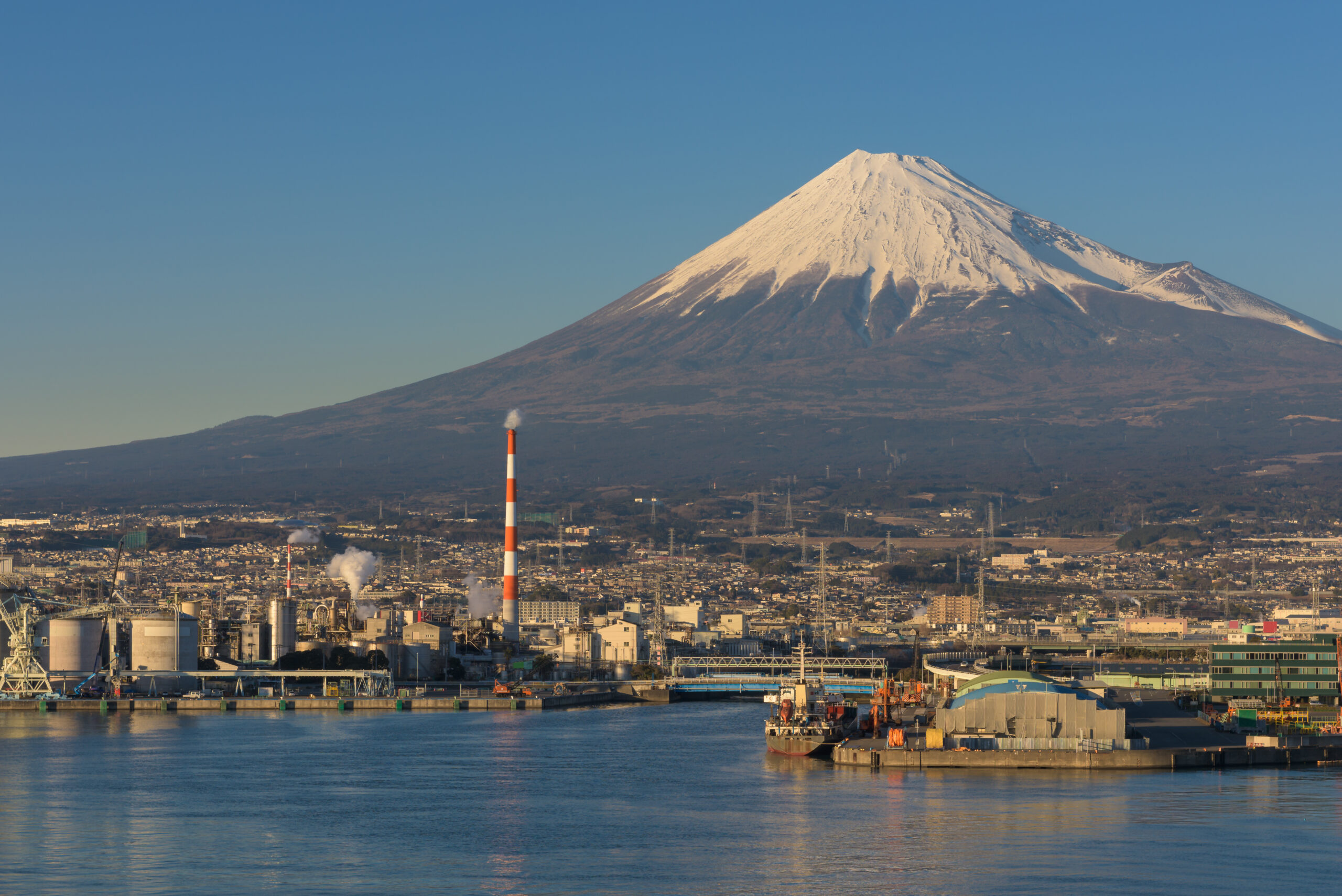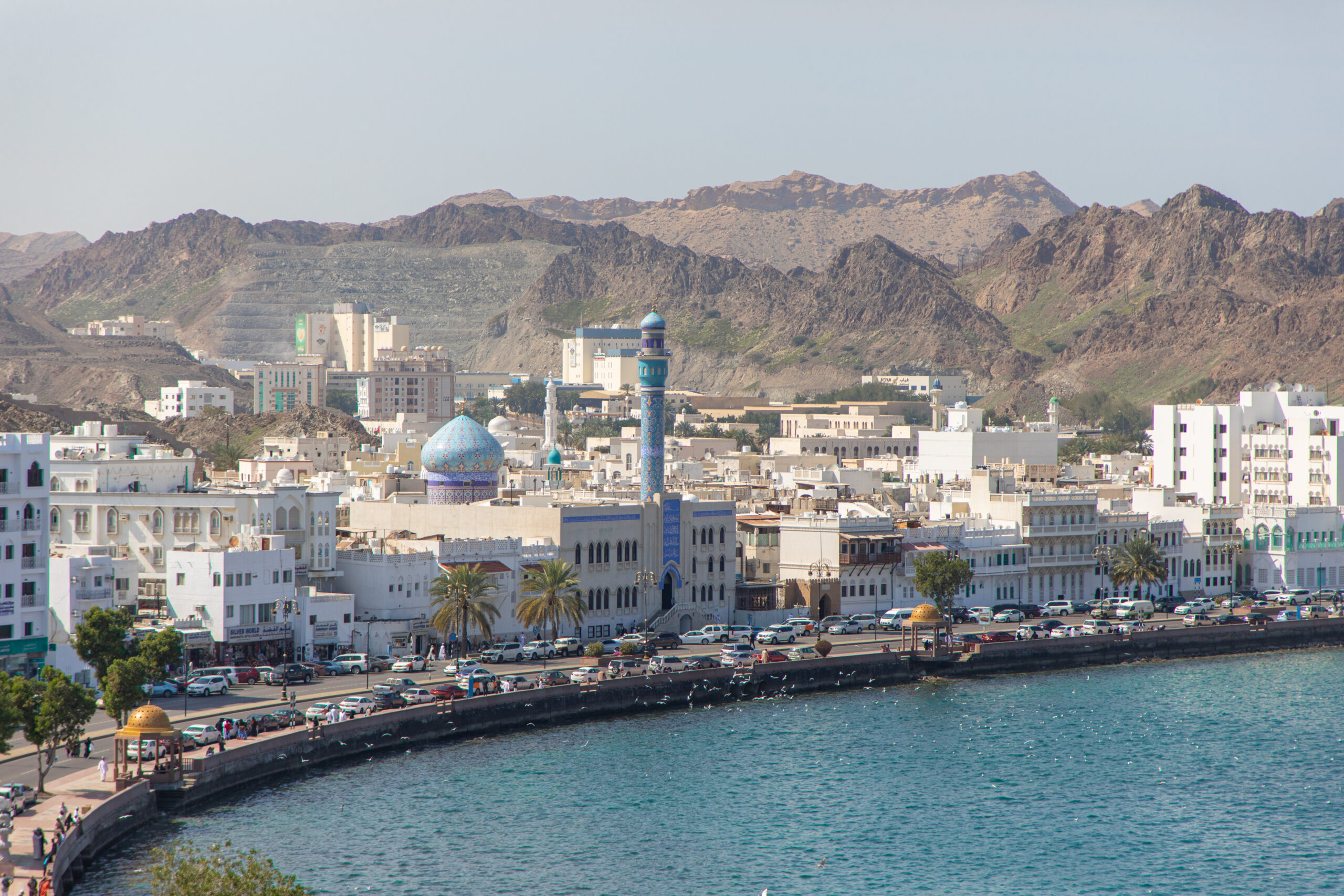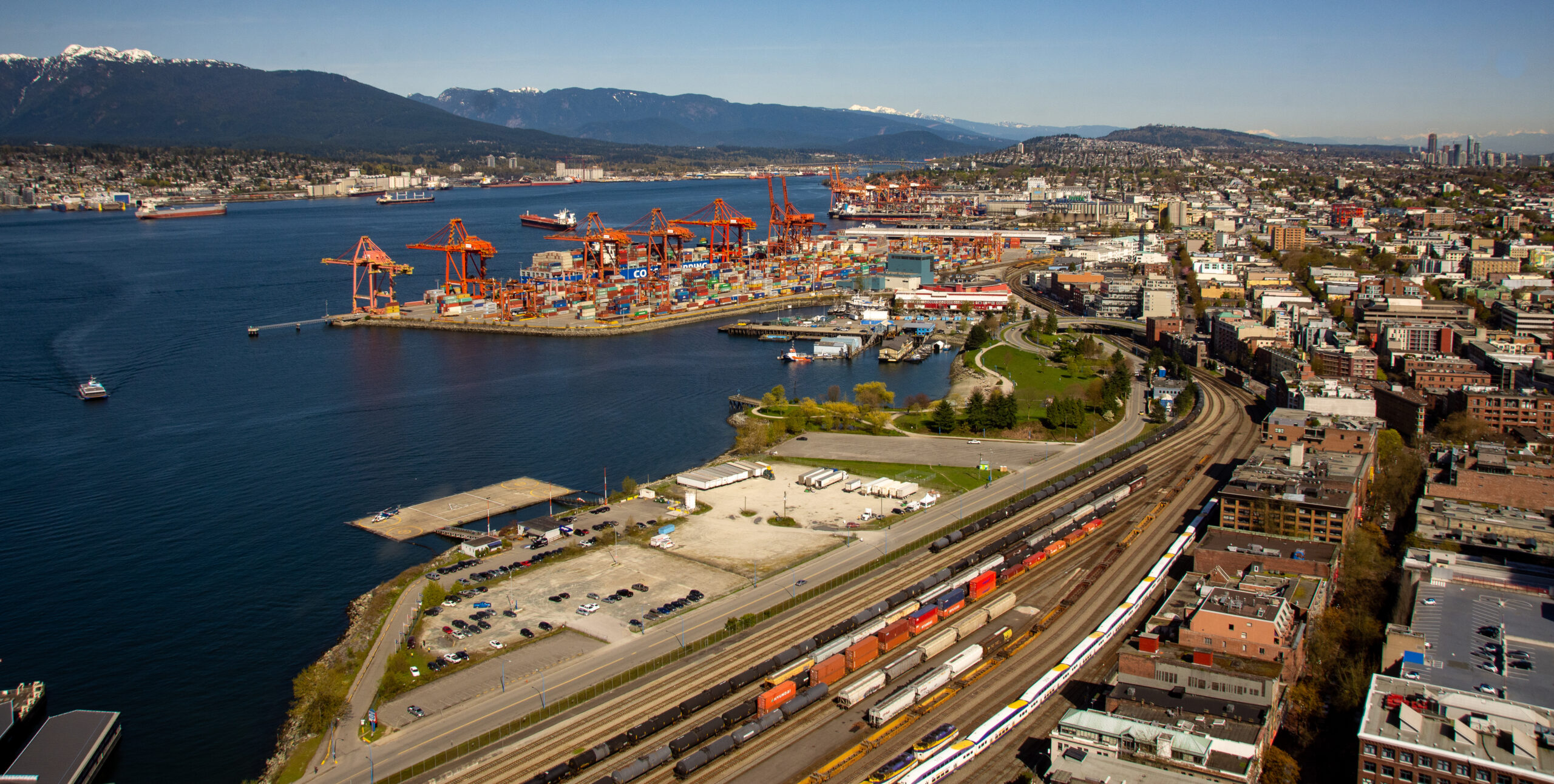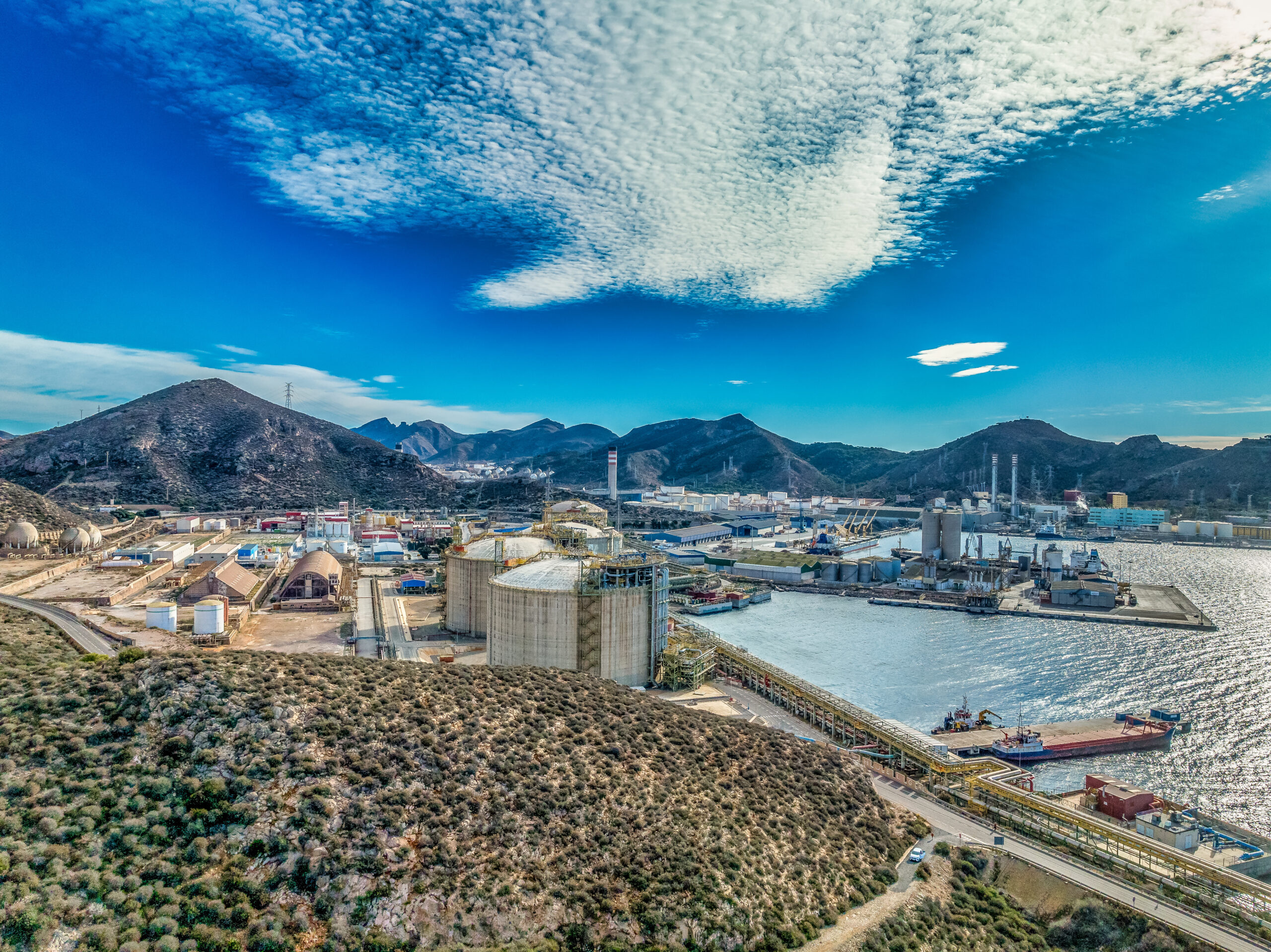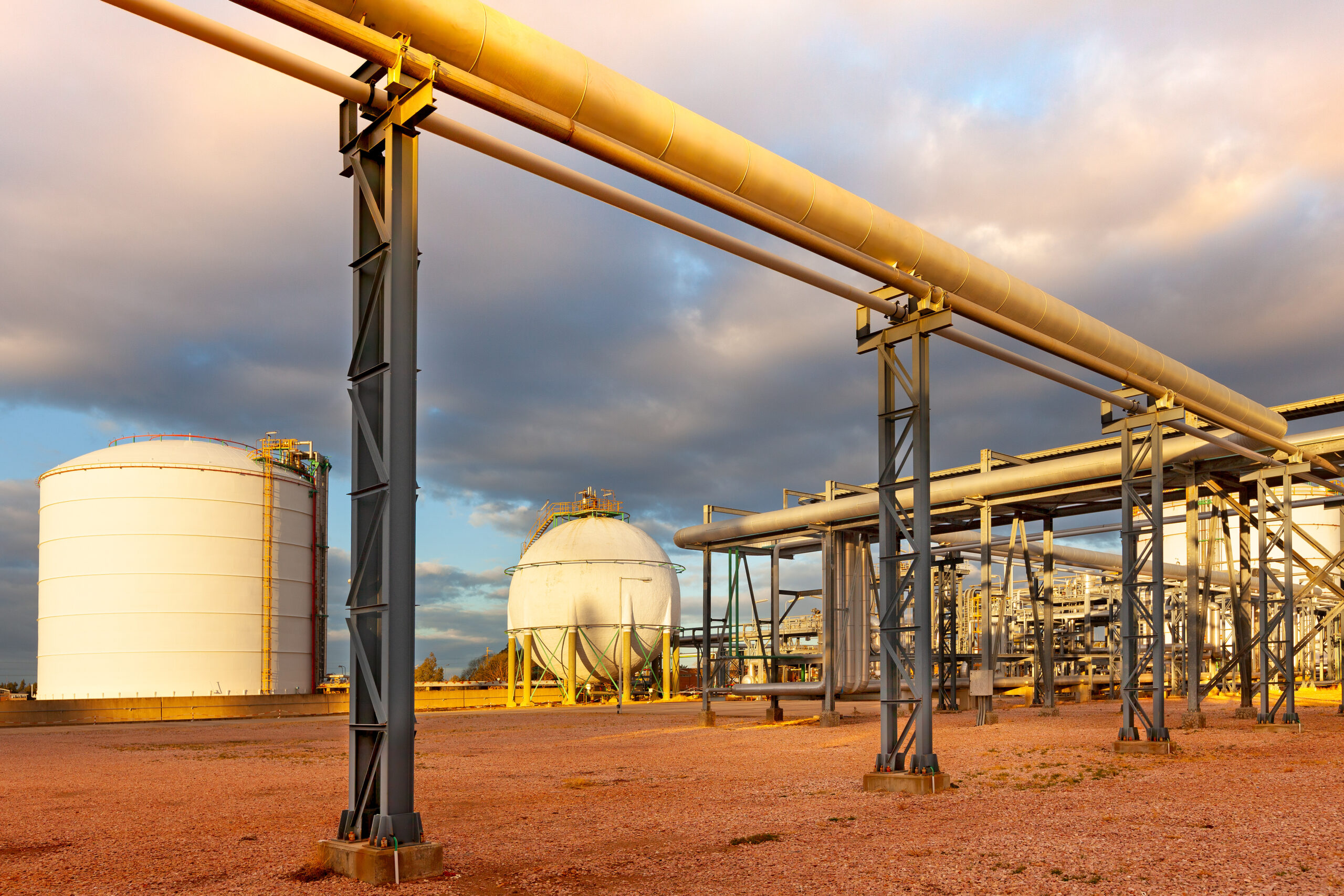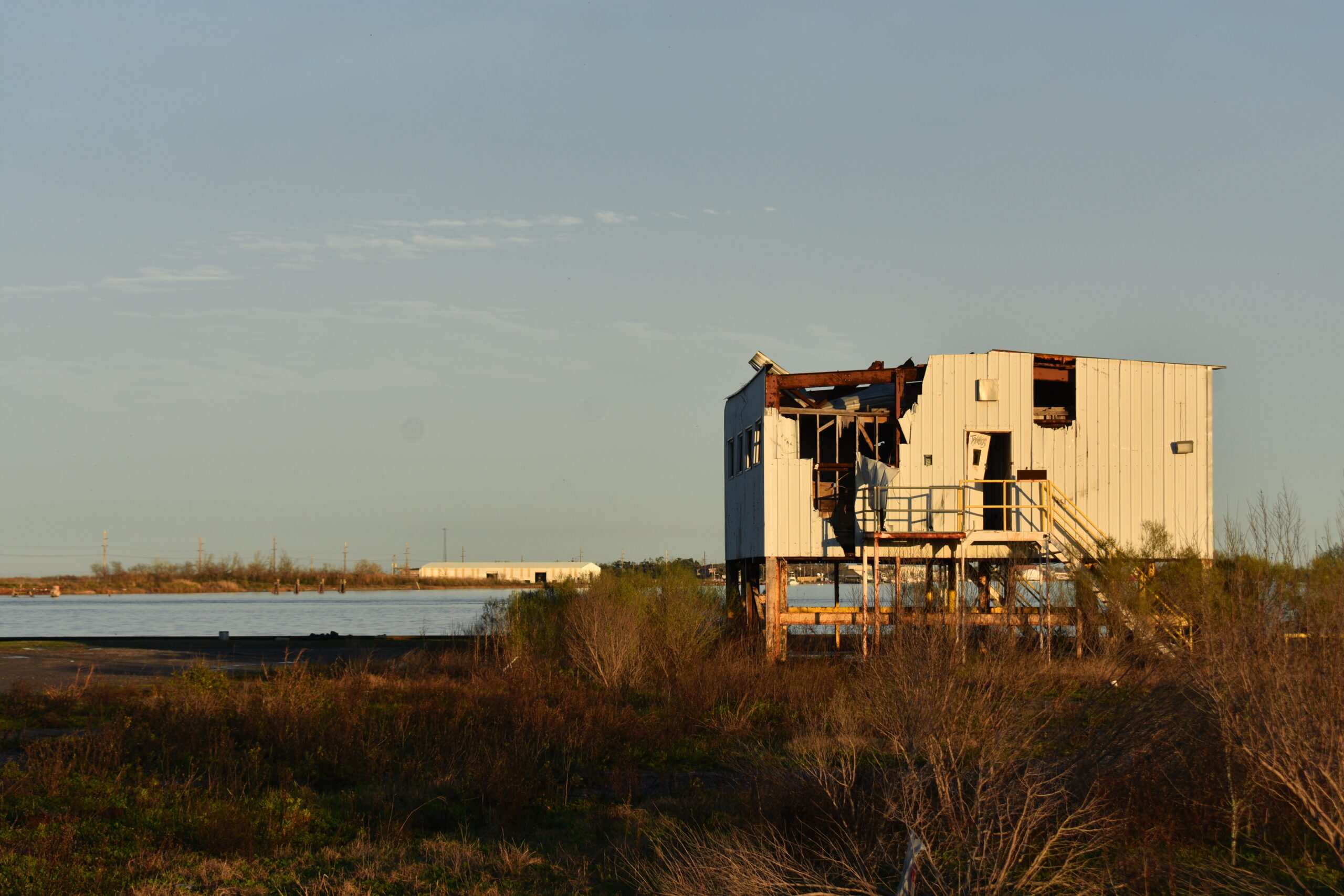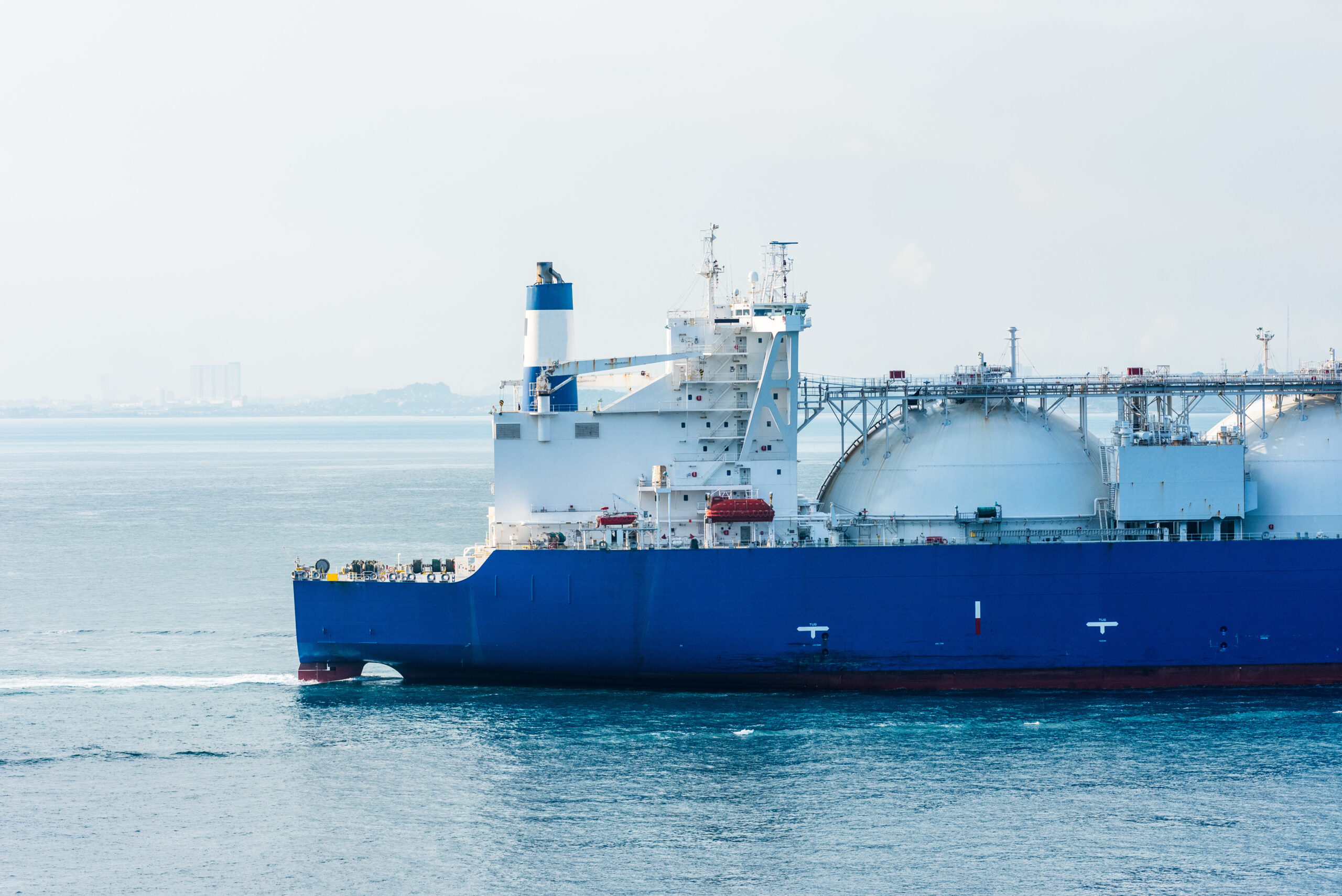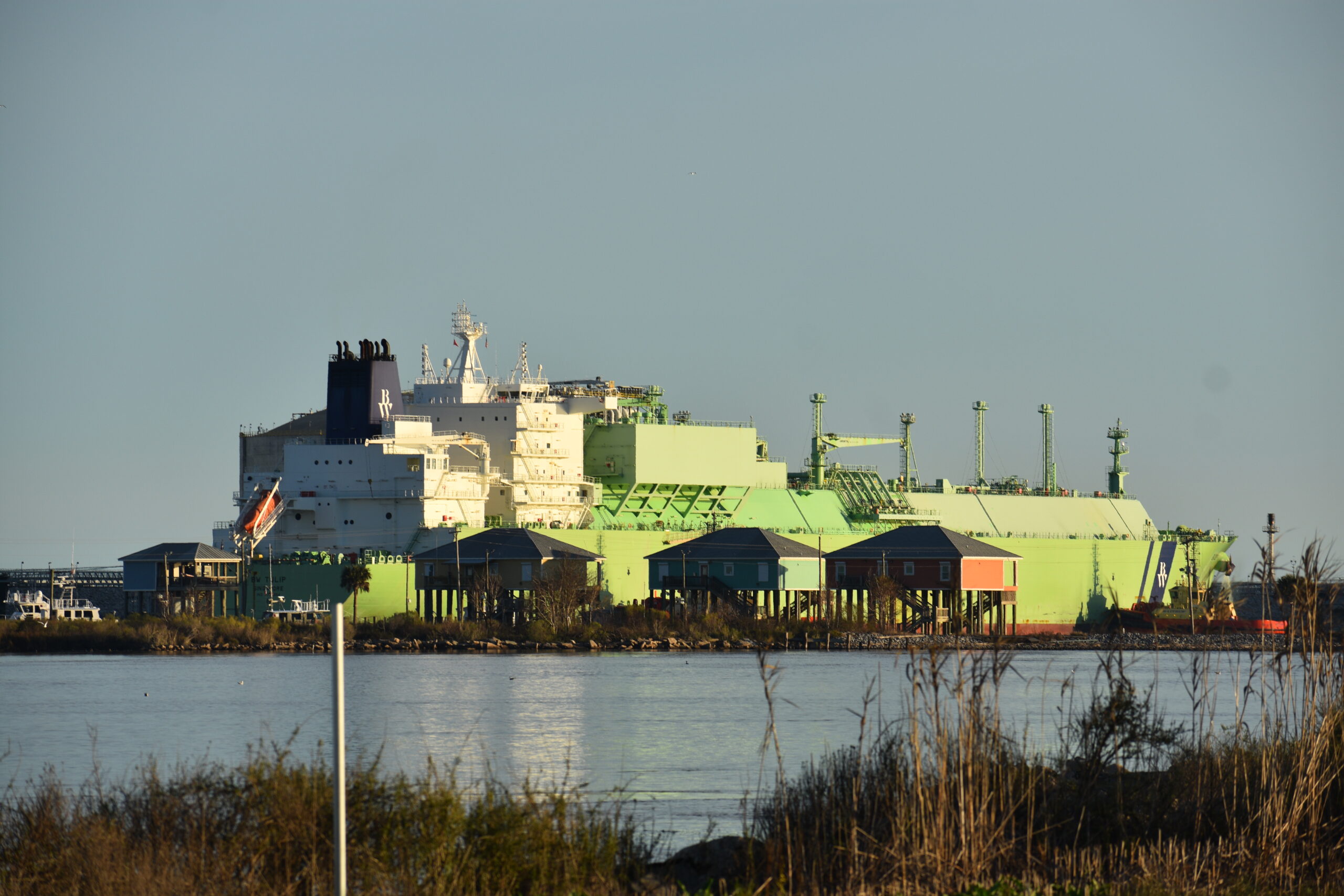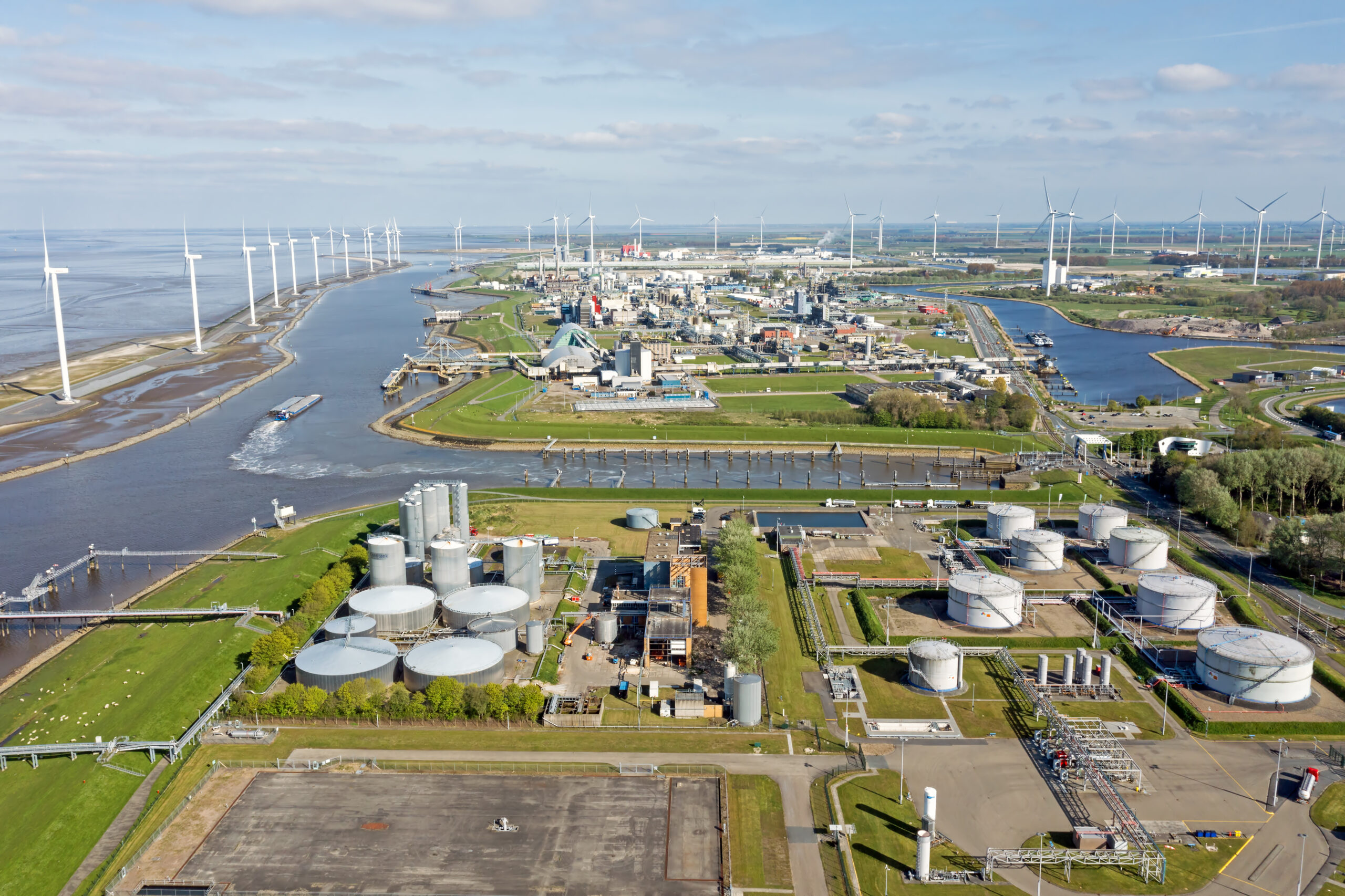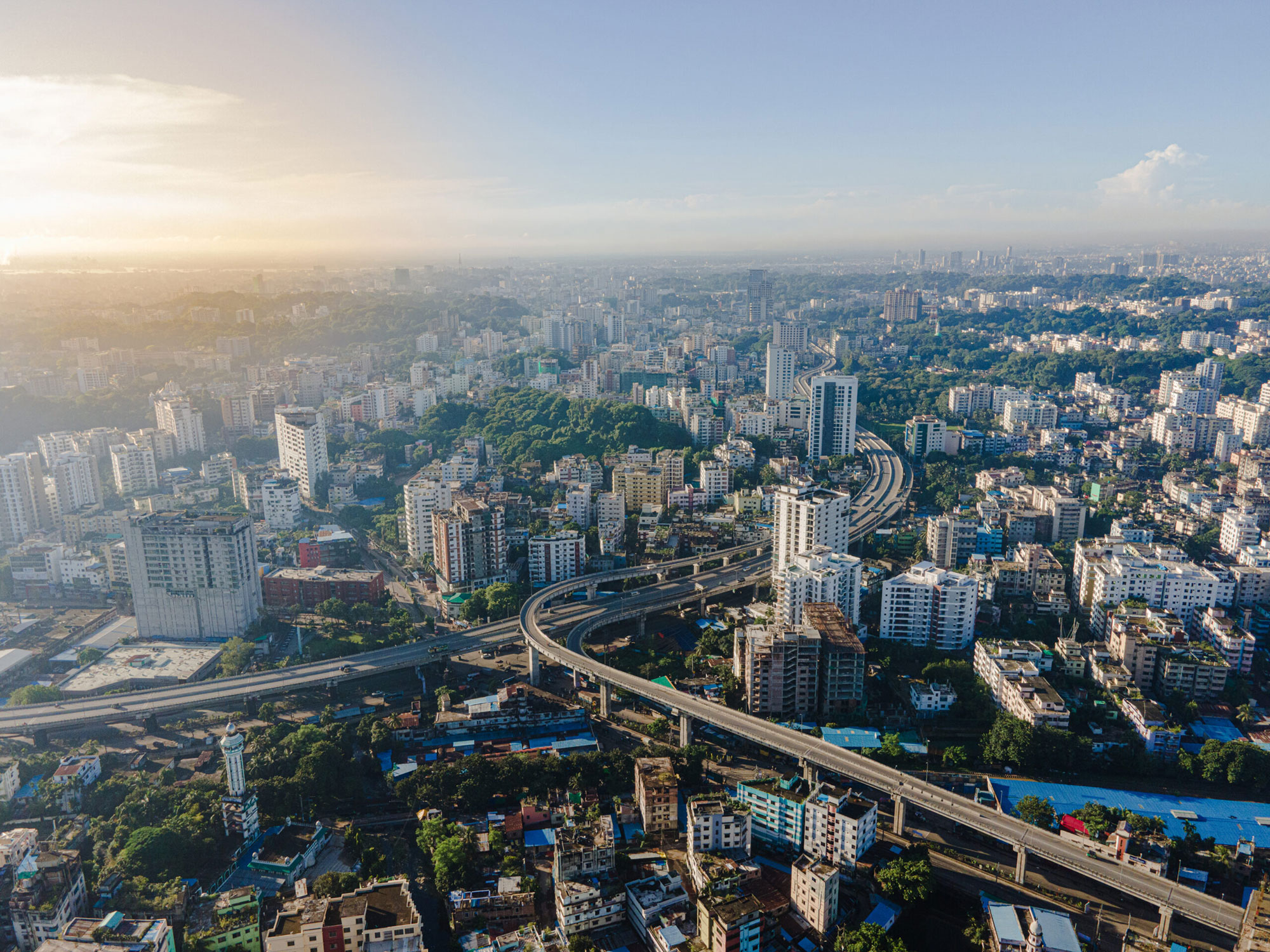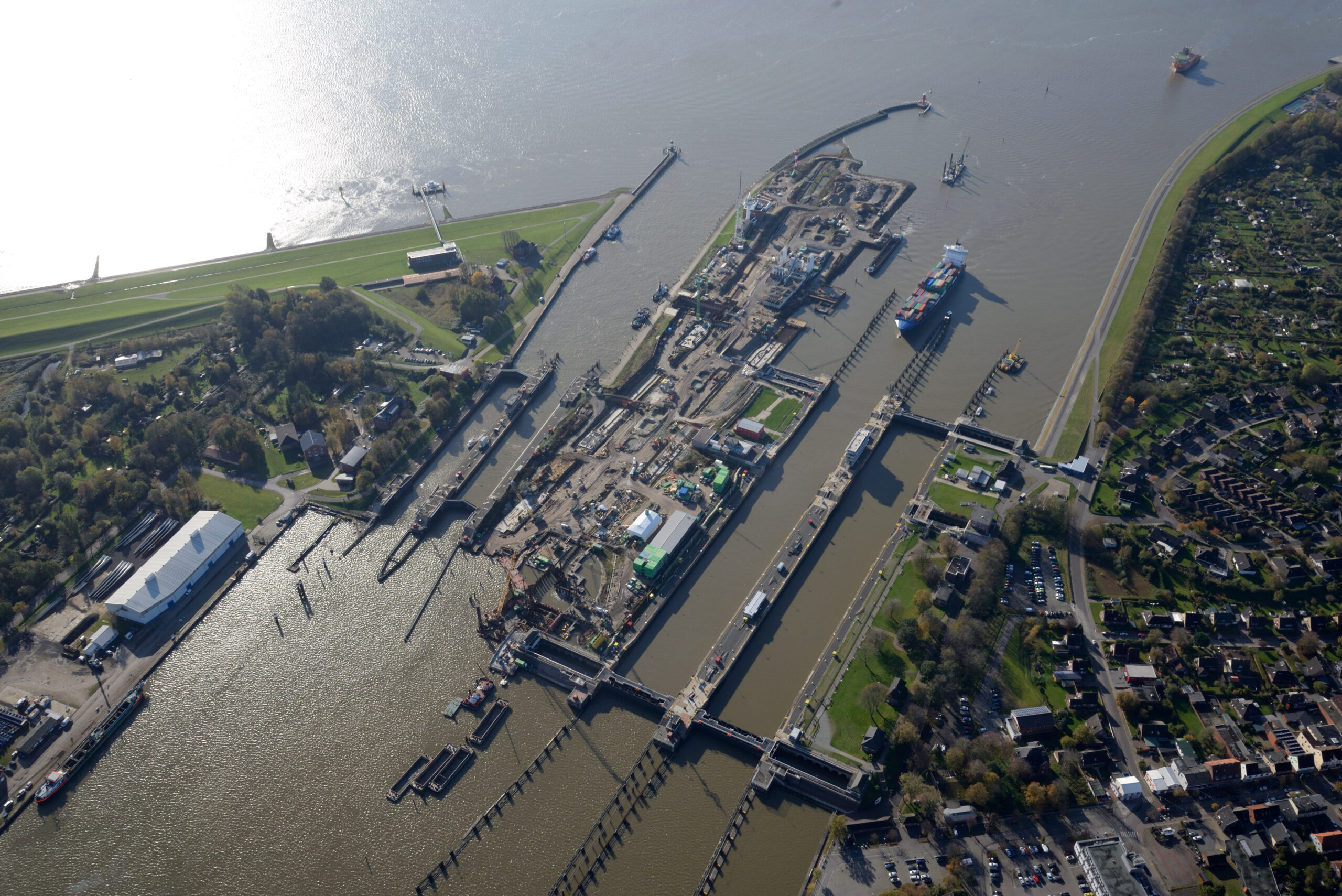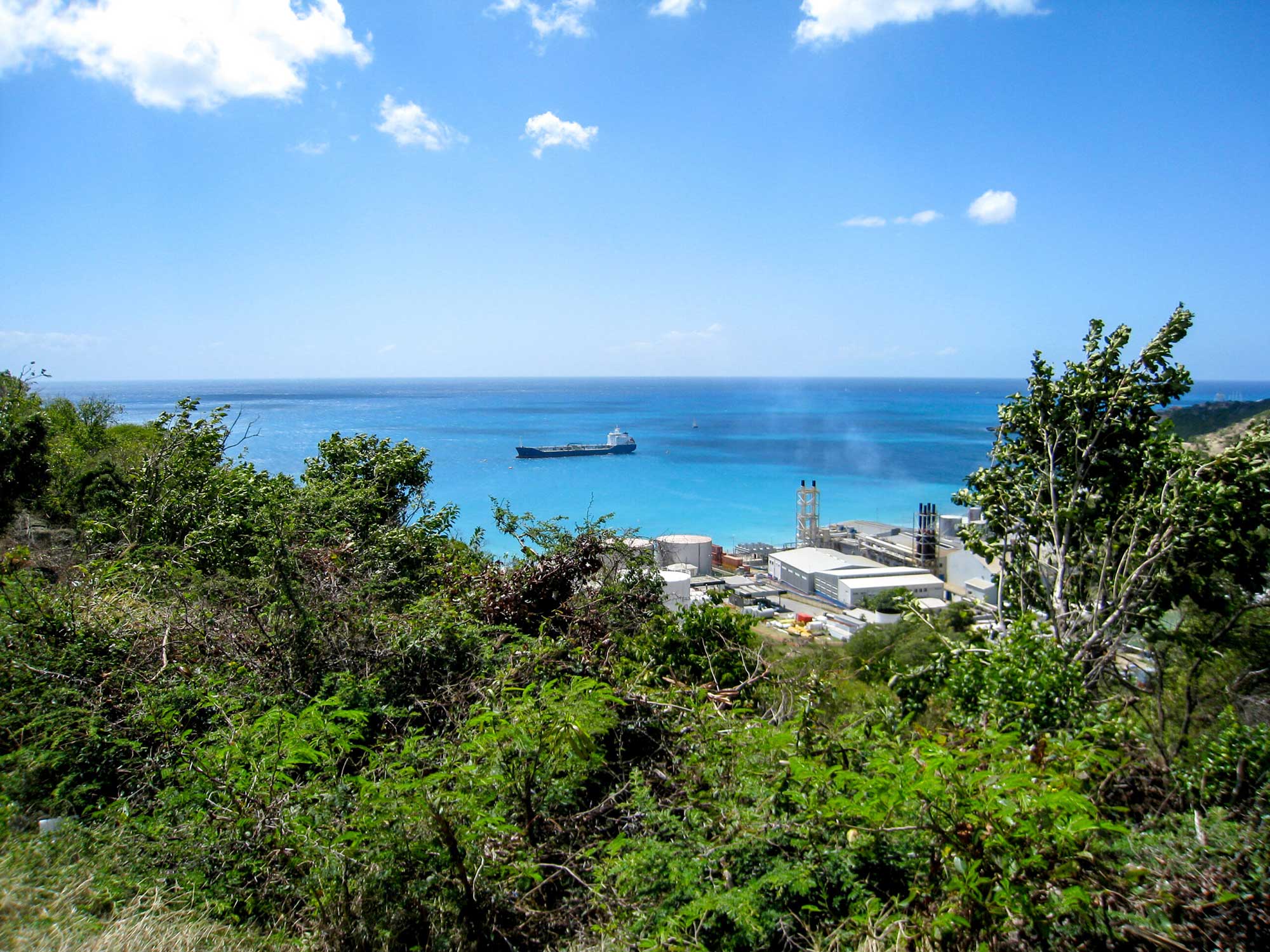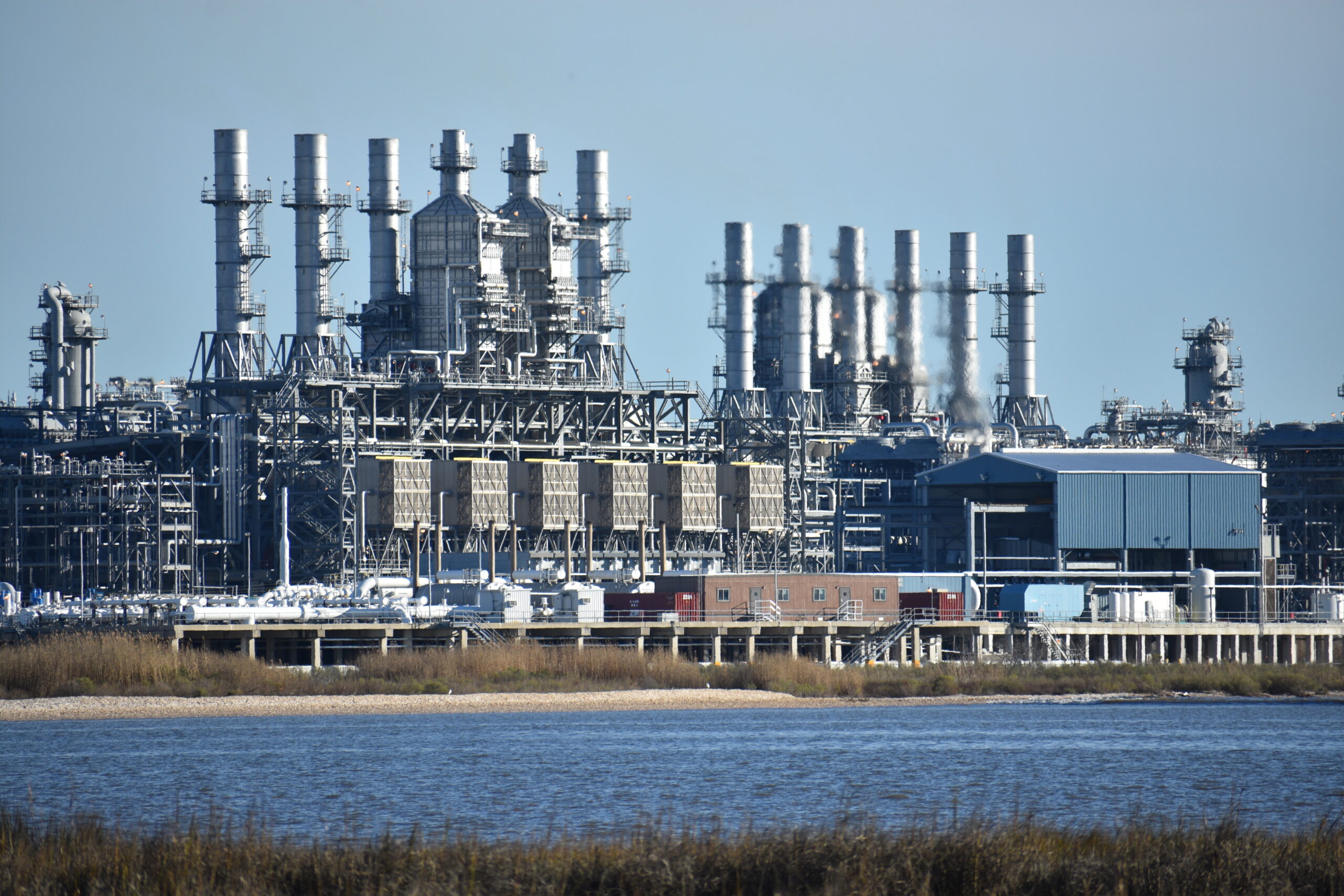LNG
State-run QatarEnergy has announced a third LNG expansion plan, but Qatar has yet to tackle emerging risks including regulation on methane emissions.
Japanese utilities are increasingly focused on marketing and reselling LNG overseas, new research shows, creating more competition in the global LNG market.
The Oman Petroleum & Energy Show opens later this month against a backdrop of shifting allegiances in the LNG sector, with Persian Gulf State oil giants eyeing the global stage.
A major buildout of LNG export terminals on Canada’s Pacific Coast rests on assumptions of long-term demand growth in Asia. But those forecasts are highly uncertain, two different reports warn.
A new report finds that EU levies on imported methane could help clean up gas operations, but may also lead to a two-tiered global LNG market.
Analysts say that potential investments from Saudi Aramco and ADNOC in U.S. LNG could propel projects forward. Meanwhile, in Houston, gas executives voiced confidence in the trajectory of their industry at CERAWeek.
U.S. gas prices plunged below $2/MMBtu this winter, largely because of warm weather. Gas companies unable to turn a profit are slashing drilling plans.
Already scarred by climate change, southwest Louisiana is on the frontlines of the rush to build new LNG.
Disruptions from the Red Sea have already been priced in and are unlikely to cause further price hikes, one analyst said.
Commercial fishing in southwest Louisiana is already facing hard times. But the rush to build Louisiana LNG export terminals may put an end to a once-vibrant industry.
A new report warns that the continent is investing far too much in LNG import terminals that will go under-utilised as gas demand continues to decline.
LNG dependence has exposed the dark side of Bangladesh’s energy security over the past several months, in a country experiencing a severe gas crisis.
The call comes amid the rapid expansion of German LNG import capacity in the wake of the Ukraine war.
Venezuela is poised to lock in oil and gas supply to Caribbean neighbours in spite of a flare-up in tensions with the United States, which is threatening to restore crippling sanctions on Caracas.
The White House said it was freezing permit approvals for all new proposed U.S. LNG export projects, citing a need to overhaul the regulatory process. Climate groups called it a “massive win.”

